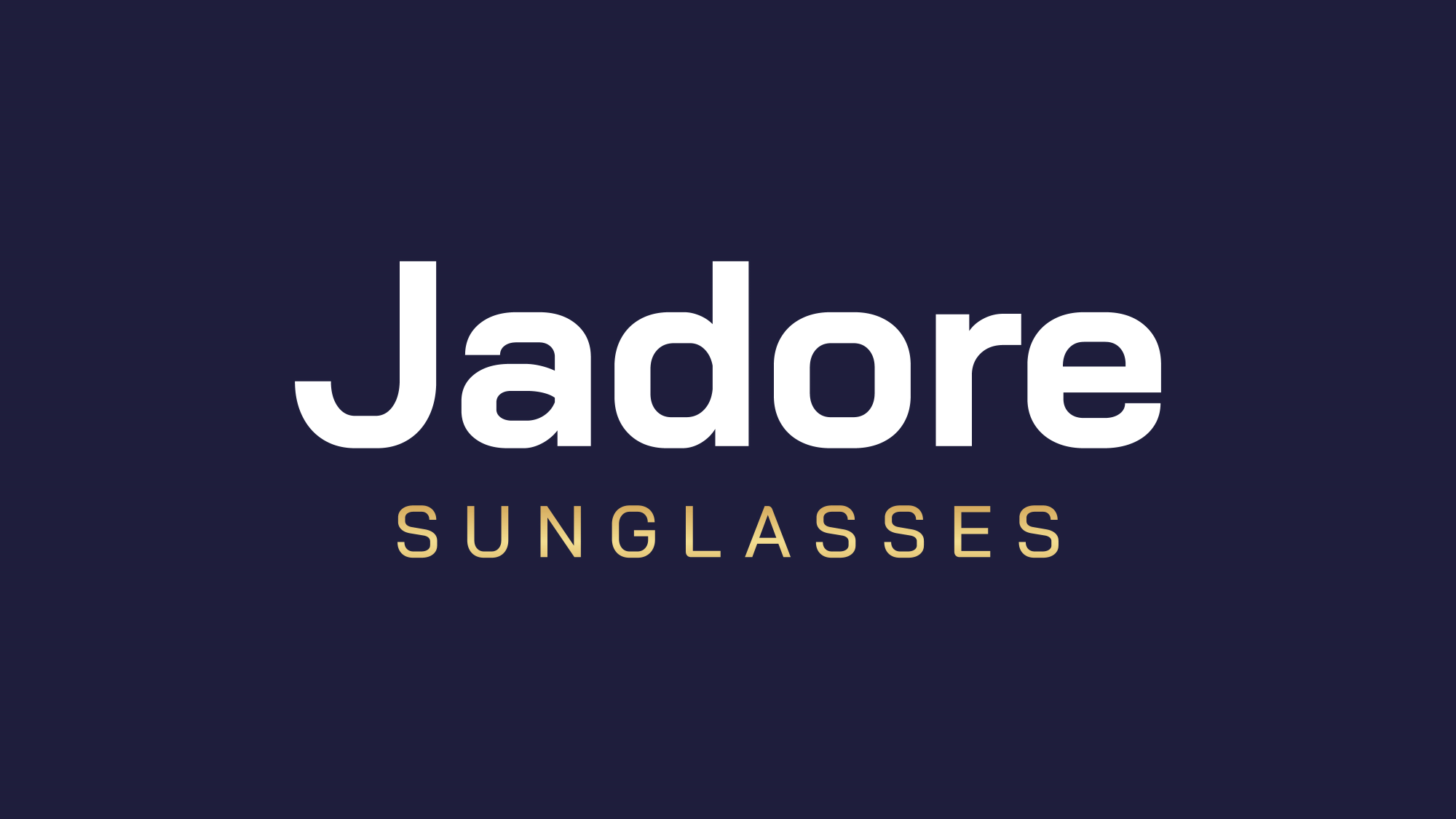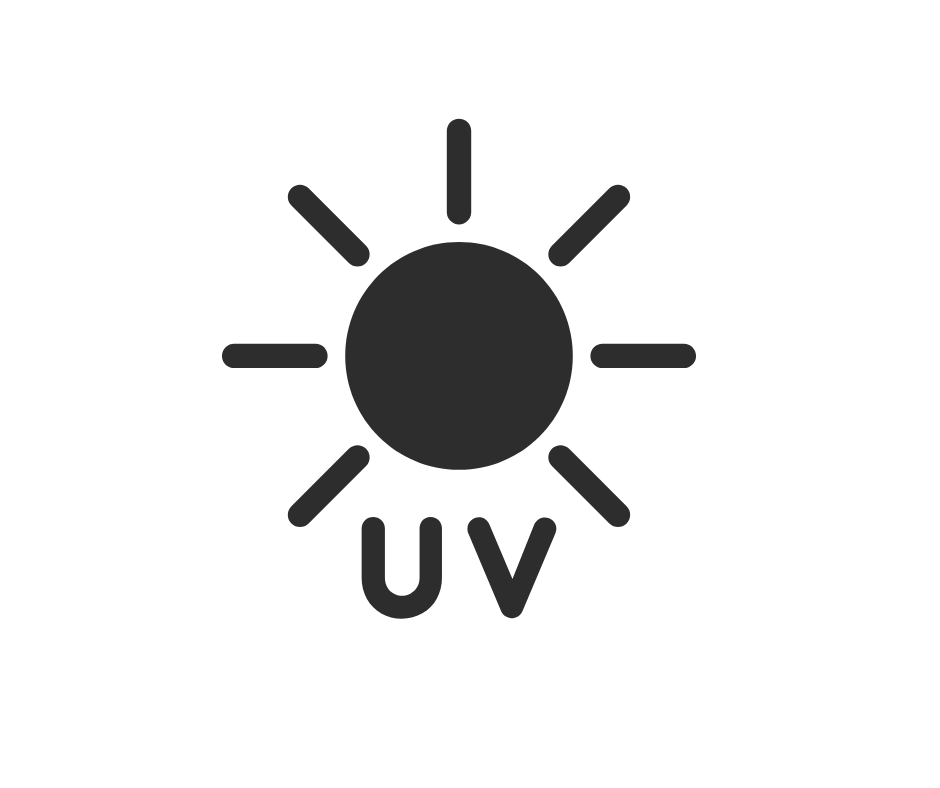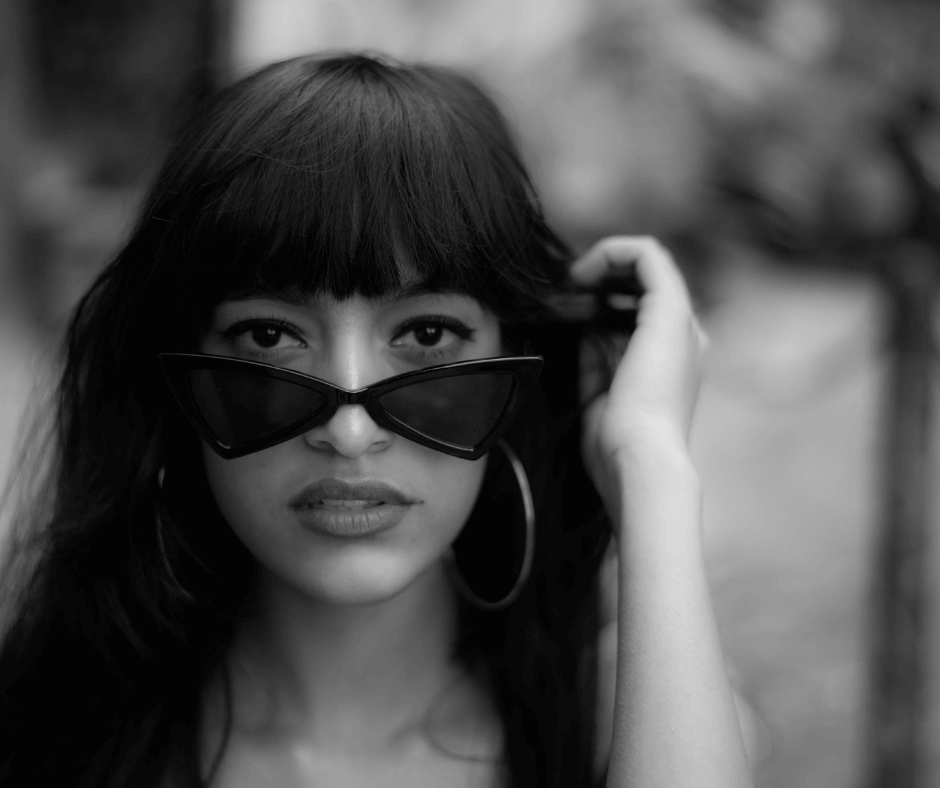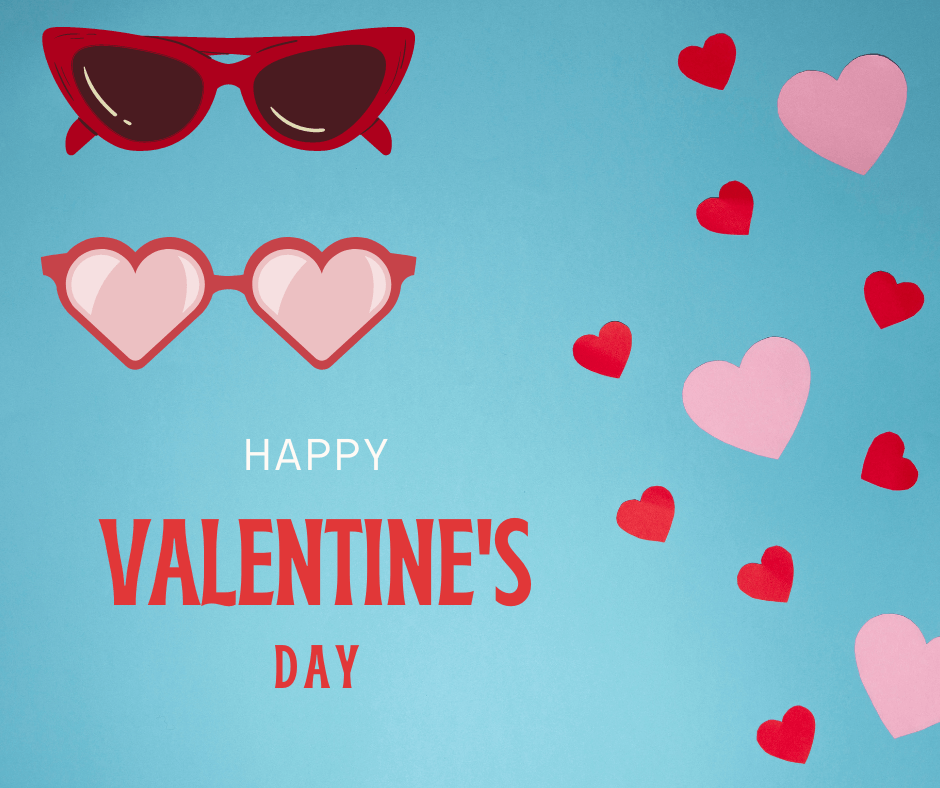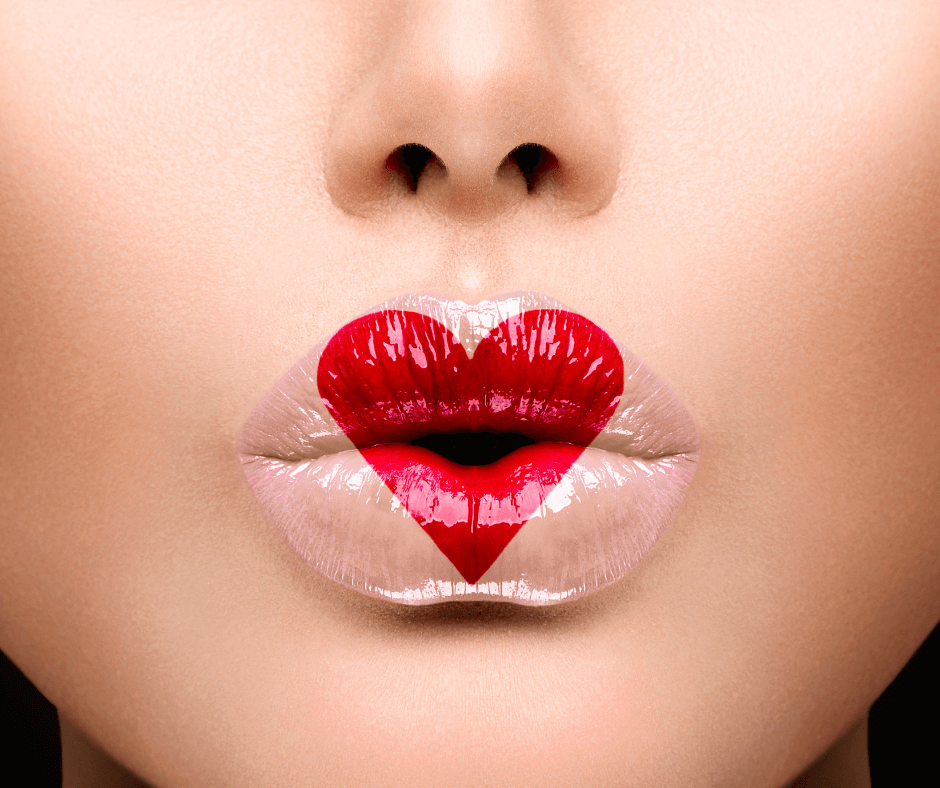Everything you need to know about UV protection in glasses - the definitive guide.
Before we dive into how we protect our eyes - let's explore what UV light actually is.
UV rays are very simply electromagnetic radiation that have the ability to detach atoms and molecules by detaching electrons. They can damage DNA molecules - which can cause major health problems.
The rays come in three grades:
UVA - Longest wave length. Always present. Can cause wrinkles and sun spots and long term damage. Can reach into the dermis layer of the skin (deep into the skin layer system- as shown below.)
UVB - Medium wave length. Mostly responsible for sun burn and cancers. Harms top layer (epidermis) of skin typically.
UVC - Short wavelength. Is the strongest out of the three but luckily it cannot pass through the Earth's atmosphere. Can occur through artificial means such as tanning beds though.
Can UV Light Cause Eye Damage?
Eyes are apparently ten times more sensitive to UV light then skin according to the Eye Care Trust.
The least severe which normally lasts a few days is Photokeratitis - which we discussed in a previous article
This condition normally occurs when the sun gets reflected off the snow and creates a huge glare. This causes temporary blindness and can be fatal if you are mountaineering and unable to see where you are going.
Cancers can be caused my UV light. Professor Richard Marais from the University of Manchester (UK) conducted a study with Cancer Research UK in 2021 and found a conjunctival melanoma that can be directly attributed to UV light.
Cataracts - are built up from too much protein, and form a film over the eye - which can cause blindness if not treated properly. There are many factors that can cause cataracts - some babies are even born with it. But exposure to UV light is on the list, according to Dr Daniel Neely- Proffessor of Opthalmology at Indiana University School of Medicine
Pterygium - This is caused by exposure to UV light and are lumps on the edges of the eye. Can be exacerbated by the elements - such as dust.
Macular Degneration is quite simply a deteriorating loss of sight, where it can start from slight blurring or cause some blind 'spots' in the field of vision but continues to get worse. UV light can cause and contribute to it.
How to Protect Eyes from UV Rays
UV Protection in Glasses
UV Sunglasses Protection 400
It is essential that any sunglasses that you purchase are UV400 protected and are covered for both UVA and UVB.
© Pixabay Lens with UV Protection
As we have discussed before, UVC rays are absorbed by the ozone layer and will not affect your eyes in the natural sunlight. However if you are working with an artificial supply of UVC, you will need adequate protection for this.
what is ultra violet protection on glasses? or UV Protection in Sunglasses
Ultra Violet protection on glasses refers to the capacity of lenses to block out ultraviolet rays emitted by the sun. UV radiation can be harmful to our eyes, leading to damage over time, so protecting them with a pair of sunglasses that offer UV protection is essential for eye health. Many brands offer lenses featuring 100% UVA and UVB protection, providing complete coverage against ultraviolet radiation.
Why sunglasses are important...
As we have discussed in a previous article, in the EU we have a regulated grading system which can tell you what your sunglasses lenses would be suitable for.
The higher the 'grade' - the more light blocks them out.
It starts off at 0 - which offers hardly any UV protection.
Then it is graded between 1- 4. Four being suited to the glare from snow. These would be ski-ing sunglasses and hold maximum strength.
If the grading of the lenses confuses you - please don't worry. I would aim to go for a pair with 'level 3' for every eventuality. It blocks out 92% of the light and will guard against very strong sunlight. However, you must never wear a level 3 if you are skiing. This must be just four.
For a more in depth guide about CE grading - please refer to our earlier very comprehensive article
You must always check the percentages of the blocking of the sunglasses - as this could vary with different glasses.
Difference Between UV Protection and Polarization
Polarized lenses are often preferred by people who work or spend time outdoors. These lenses help to reduce glare and improve contrast, so they help to make the outdoors more comfortable and enjoyable. These lenses typically need to be applied as a coating on top of UV protective lenses in order to work properly. people who do a lot of driving may find that polarized lenses offer a higher level of comfort and safety, but it's important not to forgo UB protection for the sake of polarization when looking for sunglasses. A combination of both offers the best protection and clarity.
Are Cheap Sunglasses UV Protected?
The price of the sunglasses doesn't always hold the answer to this question. There are designer sunglasses out there that are designed with fashion being their most important feature and their UV suitability being at the bottom of their design list. Therefore you cannot judge sunglasses for their price.
However - there is another argument for 'you get what you pay for.' You cannot put a price on health.
You really have to find out the information you need before buying any pair of sunglasses.
Other than buying Sunglasses is there anything else I can do to protect myself from UV Rays?
The answer is absolutely.
Stay in the Shade
It is also reccommended that you stay in the shade whenever possible even if you are wearing sunglasses and SPF cream.
Our bodies are not made for repeated exposure to the sun. We have discussed our eyes and our skin so far - but we haven't touched on our hair. Repeated sun exposure to our hair can also damage it very severely. Our hairdressers always know when we haven't looked after our hair properly.
Wear Sunglasses that have a shielding effect
Wrap around shades are also a very viable option if you want to completely shield yourself from the sun. Many cyclists wear those to make their shades completely inpenetrable.
Other people wear oversized shades.
If you are going out in the blazing sun, you do need to ideally wear larger framed sunglasses.
Wear Sun Cream
Wearing sun cream is extremely important. Even in bad weather we can still be exposed to UV rays. Every morning when I put my make up on - I also put factor 50 on my face - even when it rains and there is dreary grey weather. Doing that is a small step to help prevent premature aging and skin cancer.
The skin under your eyes is particularly thin, so it is important that this area is well looked after with sun cream also.
I use a spray on, all day sun lotion so I can ensure my face is protected all day.
Some other people buy facial moisturisers with SPF creams in them.
It is very important you choose a high SPF of 30 or above.
Wear a wide brim hat
Wearing a wide brim hat can protect your entire face and neck from harmful UV rays.
My grandmother told me once that the secret to her good skin was advice she had been given from a doctor.
He told her to imagine her face was like an apple. He told her to invisage what happened to an apple when it was left outside in the sun - the way it wrinkles.
That analogy put her off going outside in the sun without adequate protection and to this day she looks much younger for her ninety years.
Avoid Going Outside in the Sun when it is at it's most harmful
Before you go out in the sun, it is important to check the Met weather reports for your local area and find out when the sun's rays are less intense.
When the sun is at it's most optimum - there will often be a weather warning and recommended guidelines on what to do in this eventuality.
To conclude in order to protect your eyes from the harmful UV rays, you need adequate sunglasses with UV400 protection that meet CE Guidelines. You need to check how much light they block and wear the most suitable shades you can for the occasion at hand.
You can stay in the shade, wear sun cream (including the delicate skin under your eyes) and actively investigate the local meteorological reports for extreme weather warning and guidance.
